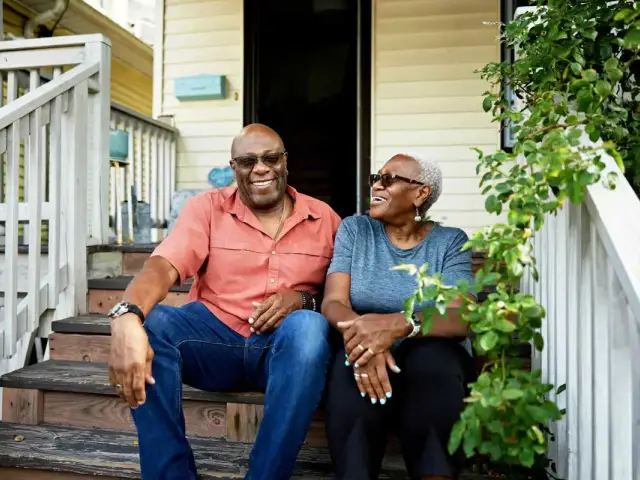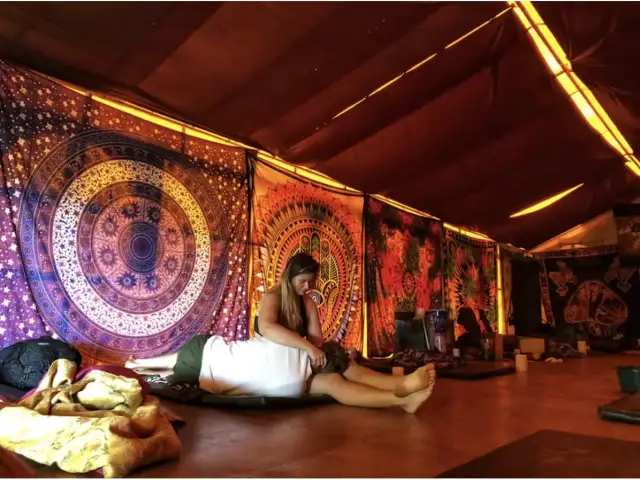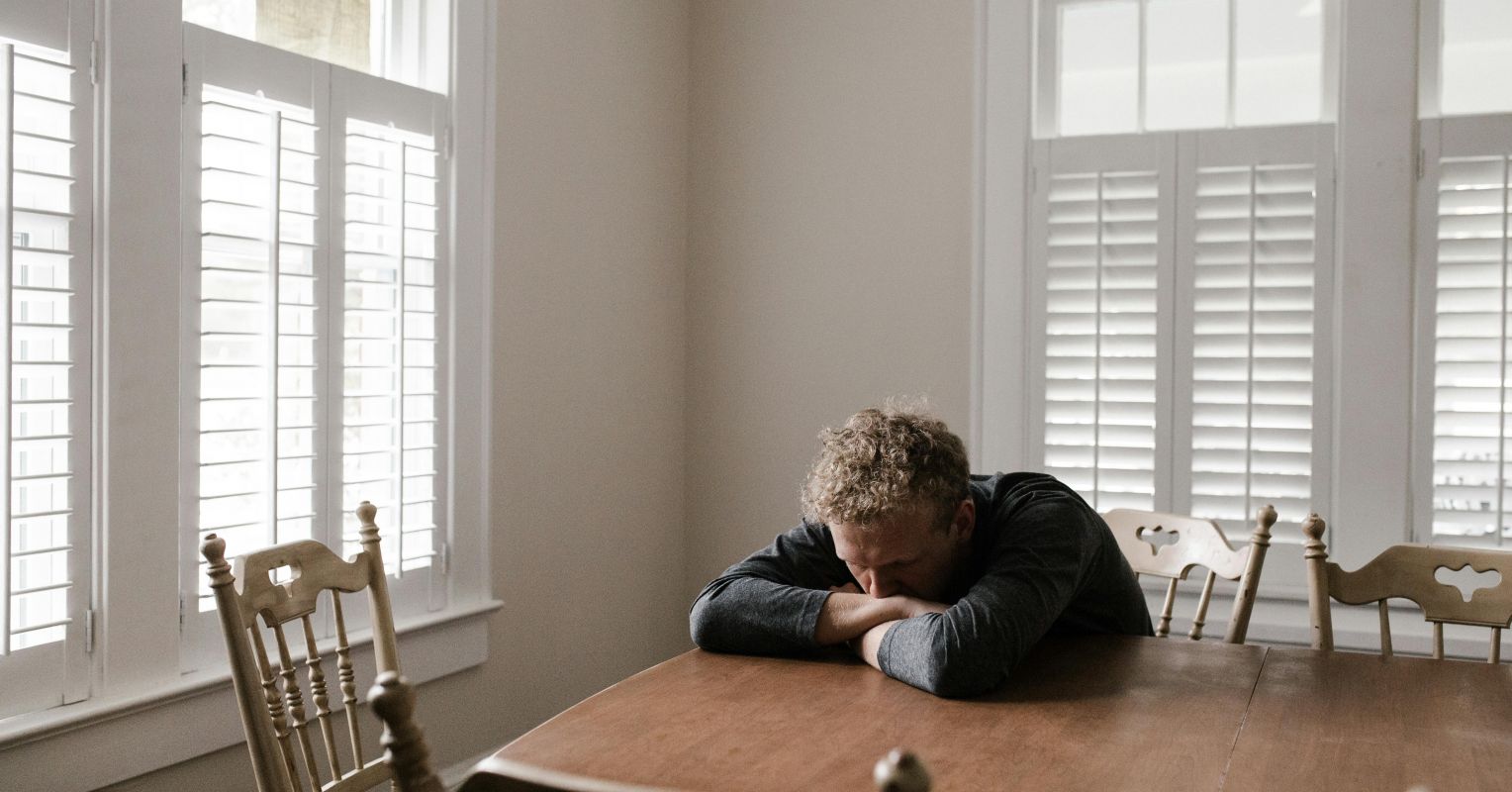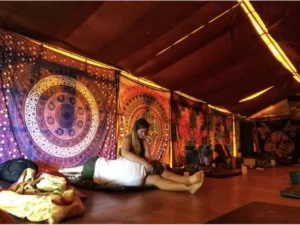While becoming unemployed can be a huge Mental health challenge, many of us assume that retirement—which also involves stopping or at least reducing work—will be the opposite. It’s pictured as a well-deserved time of leisure and relaxation, when we’ll get to do all the things we always wished we had time for.
But is retirement as blissful as it might seem? A paper published this year reviewed 15 other reviews of past retirement research to provide the “most updated and comprehensive summary of the available evidence on the effects of retirement on health,” both mental and physical.
Giacomo Pietro Vigezzi of the University of Pavia in Italy and his colleagues drew from studies across the world, including the U.S., China, Brazil, India, Russia, Nigeria, and many other countries. The big picture appears to be somewhat mixed. While a 2021 study found that people are prone to depressive symptoms in retirement, another 2021 study suggested that retirement actually reduces our risk of depression by about 20%.
X

But going deeper, they found that the effects of retirement tend to depend on a variety of factors: the nature of the job from which you’re retiring, your own health and responsibilities, and your socioeconomic status, with better-off retirees seeing improvements in different aspects of their health, and worse-off retirees at risk for declines. It’s also the case that different societies have a variety of attitudes toward work and elderhood, which can shape well-being after retirement.
These findings point the way toward better personal choices for ourselves as individuals in retirement—and they suggest that we need policies that will support retirees across the economic spectrum.
Health and well-being in retirement
In reviewing the findings from all the research they surveyed, Vigezzi and his colleagues observed that socioeconomic status seemed to play a role in Mental health after retirement. One 2018 study found that Mental health improved in retirees with high socioeconomic status, but declined in those who retired on less money.
The job you’re leaving also has an impact on Mental health after retirement. People leaving stressful jobs may be the ones who see their Mental health improve, according to a 2013 study. This seems to be particularly the case for men.
Do we become more or less active after retirement, another marker of health? Jobs and wealth mattered here, as well. All the reviews found that people with high socioeconomic status became more physically active. Although retirees were doing less physical activity for a job or during a commute, they had more time for recreation, exercise, and leisure. This wasn’t the case for people with low socioeconomic status, who often showed declines in physical activity.
There may be various reasons for this, the researchers explain. Gym memberships and home exercise equipment cost money, and people who are worse off financially may live in areas with less convenient access to parks and other safe spaces to exercise. They may have less time to exercise due to caregiving or other responsibilities, or simply not place that much value on it.
This makes people with low socioeconomic status at risk of rising sedentary behavior in retirement, like reading and watching TV. TV watching tends to increase for everyone after they retire, but even more so those for who are less well off.
And the physical affects the mental. The more older adults engage in active leisure and physical activity, the better their Mental health; the more sedentary they are, the less satisfied they tend to be with life.
The researchers also looked at the risk of cognitive decline and death after retirement, but there were no consistent patterns. One complication is that people often retire due to concerns around health and aging, so in effect their health problems cause their retirement, and not the other way around. Diet, smoking, and alcohol use also showed no clear patterns among retirees.
The current study didn’t capture what retirement looks like in low-income countries, and some of the findings dated back as early as 1966, so retirement may be an even more complicated picture in today’s world.
Everyone’s retirement is different
So much of the research on retirement is conflicting, and it makes sense if we consider how different retirement can be for different people, the researchers explain.
First off, we come into retirement from different job situations. For some, retirement means finally leaving a stressful, back-breaking job. For others, “retirement may also entail the loss of daily routines, physical and mental activity, sense of identity and purpose, social interactions and connections, and reduction in income,” the researchers explain.
We can retire because we are forced to, because we’ve reached the “retirement age” in our country, or because we need to care for partners, parents, or grandchildren. Sometimes retirement is planned months or years in advance; other times it happens abruptly.
Culture matters, too. While the practice of retirement may be common in Western countries, this isn’t the case everywhere—so elders who stop work may not receive the same social recognition or status. Depending on government policy in our country, retirement may mean more or less financial support from social programs like pensions.
Needless to say, retirees come with all sorts of living situations and habits. They may have a spouse who still works, or live alone; if they find themselves with free time, they may choose to fill it with healthy or not-so-healthy behaviors.
The researchers suggest that future retirement studies should try to take into account more of these factors to tease out their influence—and that government policy should help promote exercise, Mental health, and social activity for elders both before and after retirement.
“Policy interventions should be tailored to address the specific needs of retirees, particularly those from lower socioeconomic groups who are more likely to experience adverse health outcomes after retirement,” write Vigezzi and his colleagues.
Retirement is something we can prepare for both as individuals and as societies—to support ourselves and each other as we adjust financially, mentally, and socially to what can be a monumental life transition.













